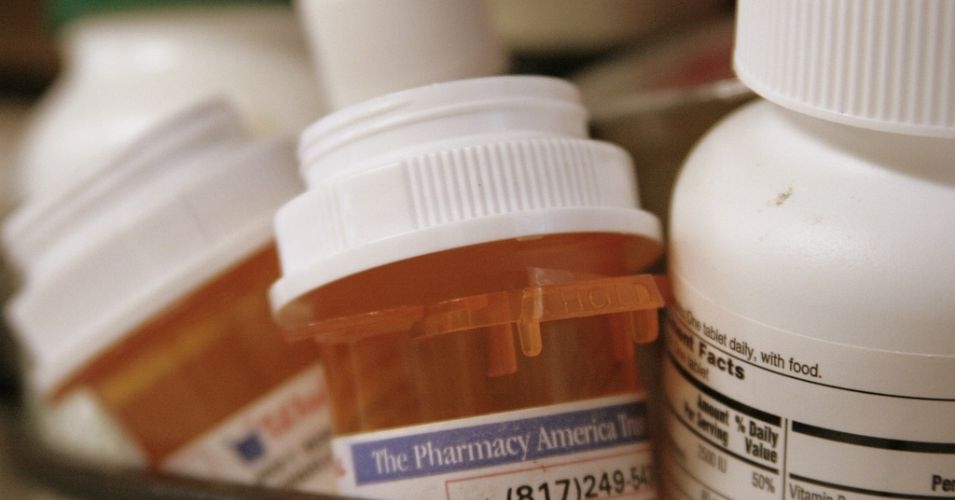Health care experts Thursday claimed the recent spike in pharmaceutical drug prices comes from the sector that has no competition.
Consumer spending on drugs “has gone from $350 billion to $450 billion a year, and it is going to continue to climb because we are in a great era of innovation,” Dr. Steve Miller, chief medical officer of benefit management organization Express Scripts, said in a web news conference hosted by the Kaiser Family Foundation.
Miller said drug prices have increased 400% in the last seven years. He pointed to “brand inflation” as a catalyst for price increases, claiming prices for drugs without competition rose 164% over the last seven years, much faster than the overall inflation rate of 14%.
“Some companies are making enough revenue through bringing new products to the market, but those who don’t need to increase the list price of existing products in order to improve their bottom line,” Miller said. “If we continue to have brand inflation like this, we will continue to see prices go up at an alarming pace.”
Miller called upon the pharmaceutical industry to produce high quality medicine to those who can’t afford it.
“We need an agreement to the social contract from the pharmaceutical industry which produces drugs that people need,” Miller said. “And we need to balance innovation with access and affordability.”
Kirsten Axelsen, vice president of global policy for Pfizer, said new drugs that have been emerging over the past few years are pricier because they are so advanced. Although the price is relative to the value, Axelsen claims Pfizer PFE, +0.22% one of the world’s largest pharmaceutical companies, is responding to the surge in drug prices by working to make innovative drugs available to those who cannot afford them.
“One of the ways Pfizer is working to increase affordability is by making medicine available for free or at a reduced price through our patient assistance program,” Axelsen said. “Pfizer increased eligibility on the limit to 400% of the poverty level, which is about $100,000 for a family of four.”


